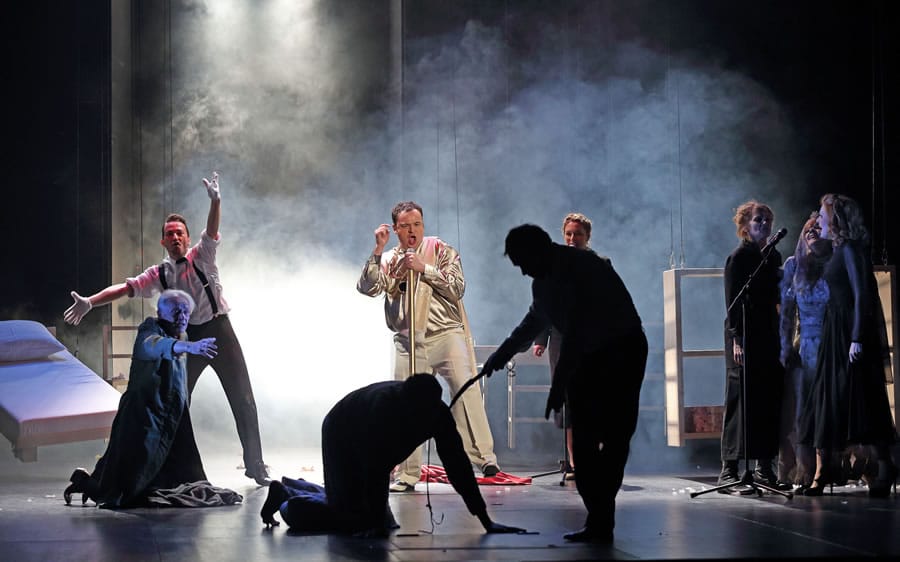
Candide Essay
Candide
The peak of the Voltaire creativity became the novel “Candide, or Optimism.” Impetus for its creation was the famous Lisbon earthquake of 1 November 1755, which destroyed a flourishing city and killed many people. This event has renewed controversy over the provisions of the German philosopher Gottfried Leibniz: “Everything is for good.” Voltaire himself had shared the optimism of Leibniz, but in “Candide” an optimistic outlook on life is a sign of inexperience, as the evil prevailing in the world, seemed the writer so huge that it could not be balanced: “when you were hanged, dissected, stunned with blows and made to row in the galleys, did you always think that everything was for the best in this world?” (Voltaire, Ch.28)
The story is constructed as a biography of the protagonist, the history of various disasters and misfortunes of Candide in his travels around the world. In the novel Voltaire uses structural techniques of picaresque novel, forcing the hero to travel from country to country and deal with the representatives of different sectors of society – from royalty to road bandits and prostitutes. The internal unity of the book is in his unaltered presence, although Voltaire at first sight hides behind his characters, looks at life through their eyes and evaluates events based on their views. There are many various heroes, and from the pages of “Candide” sounds discordance of opinions and assessments, and authoring position emerges gradually from the clash of opposite opinions, sometimes deliberately controversial, sometimes even absurd events.
Voltaire in this book shows, above all, an abundance of evil. All the characters undergo merciless blows of fate, unexpected and violent, but which are told with humor rather than with compassion, and serious challenges of life of heroes are often showed in a tone of sad-funny joke: “Dogs, monkeys, and parrots are a thousand times less miserable than we are.” (Voltaire 1959, Ch.19)
The troubles and misfortunes are shown by the author more as routine events: Voltaire tells of the horrors of war, the torture chambers of the Inquisition, of lawlessness in society as about something ordinary and familiar. “”Do you think… that men have always massacred each other, as they do today? Have they always been liars, cheats, traitors, brigands, weak, flighty, cowardly, envious, gluttonous, drunken, grasping, and vicious, bloody, backbiting, debauched, fanatical, hypocritical, and silly?” (Voltaire 1959, Ch. 21)
But the cruel and inhumane is not only social system, not just individual members of the human race, but also the nature; the stories of the horrors of war or of judicial tyranny are replaced by pictures of horrific natural disasters – earthquakes, storms and sea, etc.
Only the main character Panglosa in the story is a happy hero, as other characters tell schilling stories of their sufferings, and this abundance of grief compels the reader to perceive the violence and cruelty as the natural state of the world. Any society is unfair, as the only lucky country in the story is a nonexistent Eldorado: “It would have been better to stay in the Paradise of Eldorado instead of returning to this accursed Europe. How right you are, my dear Martin! Everything is illusion and calamity!” (Voltaire 1959, Ch.24)
In Voltaire’s philosophical work there is no psychology, the main emphasis is made on satirizing of social evil, cruelty and senselessness of the existing social institutions and relations. This harsh reality verifies the true value of philosophical concepts of the world. But for all its actuality, the author penetrates deep into the essence of human problems, that go far beyond the era when the writer lived and worked.

